Why Help People in Poverty in Other Countries When People Need Help Here?

Our time and resources are finite, yet there seems to be infinite need. We want to be kind to people in poverty and we want to do it wisely. Here are a few things to consider as you struggle through this question for yourself.
Continue Reading ›What Poverty Tourism Gets Wrong
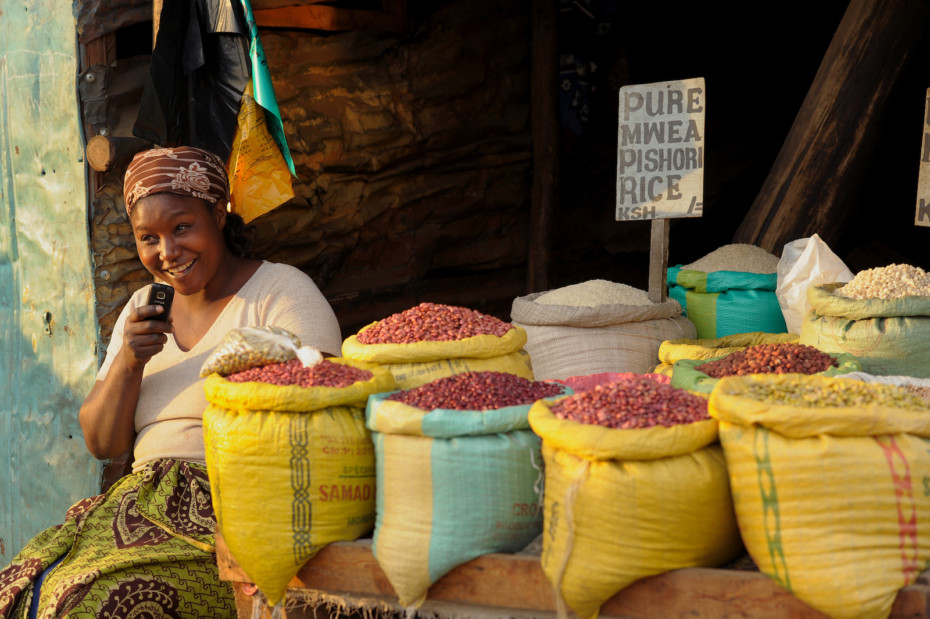
Is poverty tourism just a harmless way to gain insight into what it’s like to live in poverty? Sidney Muisyo explains the underlying and deeply flawed messages that slum tours are based on and can further ingrain in us. He also explains how you can visit an impoverished community in a way that is mutually honoring and beneficial.
Continue Reading ›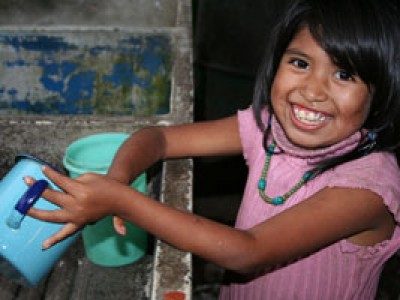
Providing an Inheritance to Children in Poverty
Mariana’s mother gathers the family around her at night to read a portion of the Bible and to pray together. She knows this is the best inheritance she could leave her children.

Red
Poverty is hopeless and depressing. But light shines in the darkness. And color brightens it. Vividly!
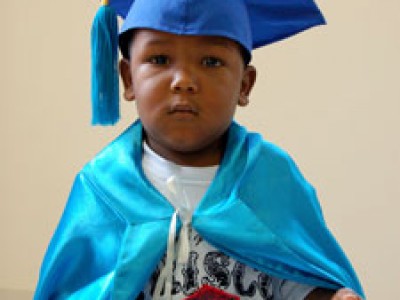
Is It Safe to Challenge the Status Quo?
Challenge is an aggressive word. It suggests victory … or loss. It implies a struggle and change, possibly forced change. Change creates uncertainty for people. And uncertainty breeds worry and fear.
Asking people questions about what they believe and why they believe it is challenging. It’s often deemed unacceptable. People feel threatened and get defensive. It’s uncomfortable. Should we do it?
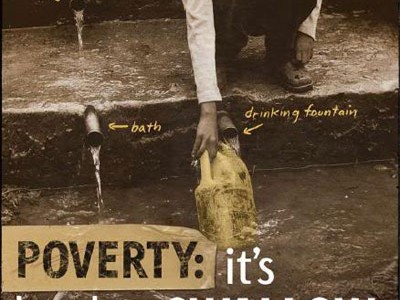
Poverty is Hard to Swallow
You can help quench the world’s thirst. You have the freedom to act.
Actions Have Consequences
Our ability to take ownership of our actions is a necessary skill in escaping any strain of poverty – physical, emotional or spiritual. Actions have consequences. It’s something God tried to show us through Adam and Eve.
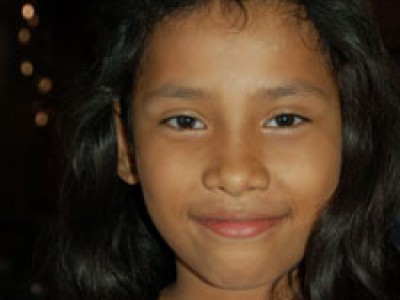
WANTED: the Freedom to be a Kid
According to the United Nation’s International Labor Organization, “Child labor is every work activity that children and adolescents do before turning 18 years old, that affects their physical, social, intellectual, psychological and moral development.” And poverty is a key contributor to the prevalence of child labor.
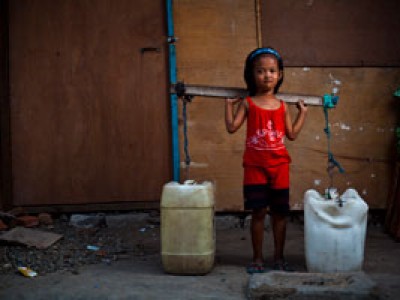
Will Eliminating Extreme Poverty Require a Miracle?
How big is the problem of extreme poverty? Three billion people worldwide and 1 billion children deep. But despite the size of those numbers, many people at Compassion believe that we can eliminate extreme poverty in our generation, that we can remove or utterly destroy it.
You might think we’re “drunk on the spirit,” that our goal is unrealistic, completely irrational or even not Biblical, and I will be honest with you, I thought it was out of I thought of it as an impossible task, too.
Helping Children in Poverty is Not an Obligation; It’s an Opportunity
Helping children in poverty is not an obligation but an opportunity. We grow emotionally and spiritually as we experience fulfillment through stewardship and the joy of loving sacrifice.
Fewer Children Are Dying
Good news from the government is pretty rare. Good news in the media is even more rare. So when I read this headline the other day, I smiled: “WHO sees good progress on UN health goals for poor.”
According to a recent study by the U.N.’s World Health Organization, good progress is being made on health-related Millennium Development Goals (MDGs).
- Fewer children are dying.
- The estimated percentage of underweight children under 5 has dropped.
- New HIV infections have declined.
- Existing cases of tuberculosis are declining.
- The world is on track to achieve the MDG target on access to safe drinking water.
Let’s just pause for a moment to let this sink in. We are making progress. Let’s celebrate this!
Of course, this doesn’t mean we can slow down in our fight against global poverty. If anything, seeing progress should motivate us to work even harder. And, as has been mentioned around here before, eliminating extreme poverty is just a matter of priorities.
The annual income of Christian American churchgoers is $5.2 trillion. The amount of money needed to end global poverty is about $74 billion a year. … Basically, 1 percent of our annual income a year is what is needed to end extreme poverty.
So the question is, what are your priorities?
Life in Haiti After the Earthquake: A Changed Perspective
Received from Ken Laura, a member of our Haiti Relief Team working in Port-au-Prince.
Sunday, April 25 — I moved last week and it has changed my situation and my perspective. Instead of sleeping in a tent beside the main road of Delmas listening to trucks roar up and down the street all night, I go to sleep seeing stars, and awaken to bird calls. Some of the birds are roosters, which start crowing at about 4:30, but other than that it is amazingly quiet here.
Whenever the power is out, usually from the morning until 10 p.m. there are very few lights in the area. Although the houses are a million dollars in size, they are only about $100,000 complete.
People do have mortgages here, but many build with the cash that they save from year to year and pay as they go. They don’t owe the bank interest, but they also have to wait a really long time to move into the house.
My new home is at the top of a steep hill in a very nice subdivision with a guard and pavement, mostly maintained. Some friends I’ve met are letting me stay as a courtesy.
Counting Malaria Out
At the center of Riaciina village in Kenya lies a semi-permanent house, traditionally constructed. The walls of the house are made of mud and smoothly smeared with cow dung. The roof is thatched with iron sheets. There is a big gap between the mud and iron sheets. Mosquitoes penetrate freely day and night. 
This is the home of Amina, a toddler enrolled in the local Child Survival Program (CSP). At the back of the homestead lies waste from the nearby kitchen. On the other side of the home are thick bushes of indigenous trees.
As the CSP specialist visited the mother, mosquito bites could be noted on the face of the child. Throughout the session, the TEEEE! TEEEE! sound of mosquitoes could be heard.
In some countries, mosquitoes are just nuisance, but in Riaciina, mosquitoes pose a deadly threat. Mosquito-borne malaria is the major killer disease in the area.
Riaciina village lies in the semi-arid part of Kenya on the extreme southern slopes of the largest mountain in Kenya, Mount Kirinyaga. The occupants are mainly the Ambeere and the Akaamba people whose primary work is farming and fishing. (more…)
Life in Haiti After the Earthquake: Weary but Resilient
This was written earlier in the week by Ken Laura, a member of our Haiti Relief Team. He has been in Port-au-Prince working with our Haitian staff since shortly after the earthquake.
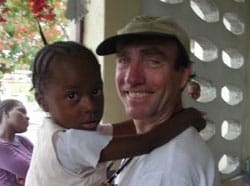 Five-thirty comes early most days, but especially on a Sunday morning when you hope to get some extra sleep before church. Not this week, however. I was wide awake at 5. I forced myself to stay in the sack for another 30 minutes despite the rooster’s consistent crowing.
Five-thirty comes early most days, but especially on a Sunday morning when you hope to get some extra sleep before church. Not this week, however. I was wide awake at 5. I forced myself to stay in the sack for another 30 minutes despite the rooster’s consistent crowing.
The high-pitched chirp of some baby doves asking for food and the soft cooing of their parents as they brought another tasty morsel to them brought back memories of 30 years ago when I was living in Limbe’ at the hospital where I worked. One of the other missionaries at that time was raising a pair of turtle doves for the eggs.
Calling my tent a sack is an exaggeration of for what I’ve been sleeping in the last three months. My tent living is nothing like what the vast majority of Port-au-Prince residents are living in at the moment.
As you’ve no doubt seen on the news, tent cities are all over town. More than 300 camps are registered in the city and more than 19 of them have 5,000-plus people living in them. The families are crammed together in muddy lots with only a sheet between them and the next family. Privacy is not a word in their vocabulary right now.


